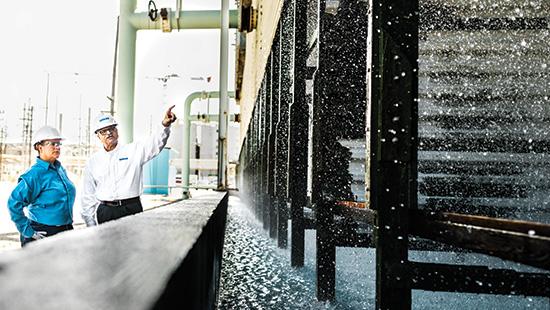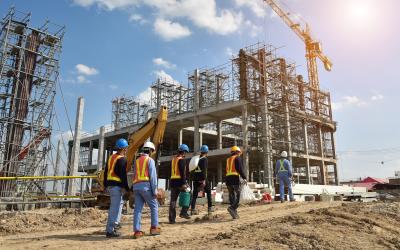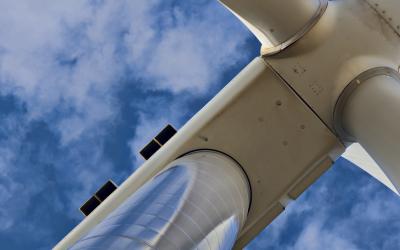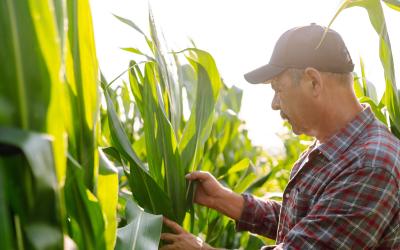A key part of Ecolab’s sustainability strategy involves driving transformative change in how businesses use water, ensuring clean water for all and fostering resilience in response to climate change.
One of 16 Fortune 500 companies headquartered in Minnesota, Ecolab is a global provider of water, hygiene, and infection prevention solutions and services with a mission to help its customers advance food safety and maintain clean and safe environments while optimizing energy and water use.
“Climate change and water risks are two sides of the same coin. Many of the impacts of climate change will be experienced through water first, including droughts, floods, and extreme weather events,” says Chief Sustainability Officer Emilio Tenuta.
Ecolab has set ambitious commitments as part of its plan to develop climate resilience. In late 2019, Ecolab joined the UN Global Compact’s Business Ambition for 1.5 Celsius, committing to halve the company’s carbon emissions by 2030 (from 2020 levels), and reduce emissions to net-zero by 2050. Ecolab has also surpassed its 2020 goal to reduce greenhouse gas emissions by 10% (from a 2015 baseline).
Ecolab plans to reduce greenhouse gas emissions by transitioning its entire fleet to electric vehicles, expanding energy and water efficiency in its manufacturing and commercial buildings, and increasing use of renewable energy. For example, the company’s recent virtual power purchase agreement with a Clearway wind farm will provide renewable energy credits for more than 100% of Ecolab’s electricity needs in North America.
“Business goals and sustainability are not at odds. There’s tremendous momentum building around the private sector taking action, and there’s a growing group of investors that want to know how we’re addressing these challenges and avoiding future risk,” says Tenuta. “We need to decarbonize the economy, but we don’t have to rely on a crisis to do so. We can do so purposefully and become a more sustainable society with a growing economy.”
More information: Sustainability at Ecolab



